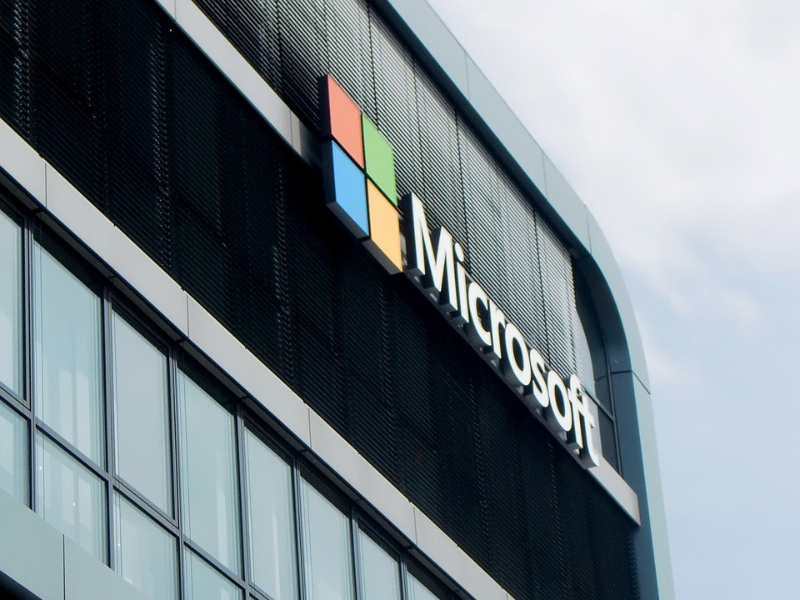- A software update by CrowdStrike disrupted nearly 8.5 million Microsoft devices, grounding flights and affecting essential services.
- Microsoft, working with Amazon Web Services and Google Cloud, is addressing the outage’s wide-reaching economic and societal impacts, particularly on critical services and air travel.
OUR TAKE
The CrowdStrike-triggered outage affecting millions of Microsoft devices highlights the risks of over-reliance on major tech providers. Diversifying internet service providers and implementing antitrust measures can mitigate such vulnerabilities, ensuring critical services remain operational and fostering a more resilient digital infrastructure.
–Jasmine Zhang, BTW reporter
What happened
A global tech outage related to a software update by cybersecurity firm CrowdStrike affected nearly 8.5 million Microsoft devices, according to a Microsoft blog post. Though this represents less than 1% of all Windows machines, the update caused significant disruptions. Systems problems grounded flights, halted broadcasters, and denied customers access to critical services like healthcare and banking.
Microsoft noted the broad economic and societal impacts due to the extensive use of CrowdStrike by enterprises managing critical services. CrowdStrike has developed a solution to accelerate a fix with Microsoft’s Azure infrastructure, and Microsoft is collaborating with Amazon Web Services and Google Cloud Platform to address the issue.
The air travel industry particularly suffered, with Delta Air Lines canceling over 600 flights as of Saturday morning, and further cancellations expected.
Also read: Microsoft’s $650M AI hire triggers major UK regulatory probe
Also read: Chaotic scenes as global IT outage hits airports, banks and media
Why it’s important
A recent software update from cybersecurity titan CrowdStrike triggered an alarming global tech outage, This incident is a stark reminder of the vulnerabilities inherent in our hyper-connected world.
While CrowdStrike and Microsoft are working on a fix, the damage highlights a critical issue: our reliance on a handful of tech giants for essential services. When even a minor glitch can cascade into a global catastrophe, it’s clear we need more robust safeguards and diversified solutions.
Relying on a diversified ecosystem of internet service providers can mitigate the risks associated with such outages, ensuring that critical services remain operational even if one provider fails, which is also consistent with the concept of decentralisation that larus has been advocating.
Antitrust measures promoting competition and innovation could help build a more resilient and less vulnerable tech landscape. The lesson here is clear. Diversification is not just a strategy for investment portfolios but a necessity for our digital infrastructure’s stability and security.

